Team Leadership
Steve Paul Jobs
Success - The perfect recipe


+
=

Great Leader

Facilitate Success

Leaders - Born vs. Made
- Discussion Question
- Are people born leaders or do they have to work at it?
Steven Paul Jobs
- Born 1955 (Green Bay, WI)
- Adopted by Paul and Clara Jobs to live in Santa Clara, CA.
- Graduated high school in Cupertino, CA

Education
- Reed College in Portland Oregon
- Studied Poetry, Literature and Physics
- After one semester Jobs dropped out of school, but still attended some classes
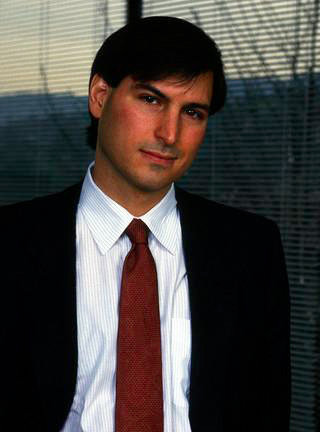
Steve Jobs - Team Leadership
- The Challenge
- A Real Team
- Compelling Direction
- Enabling Structure
- Supportive Context
- Expert Coaching
- Imperatives for Leaders
- Thinking Differently about Teams
Our Group
Orlando Mejia
Villareal Adrian
Shannon Heath
Anthony Gorrity
Tony Mamedbekov


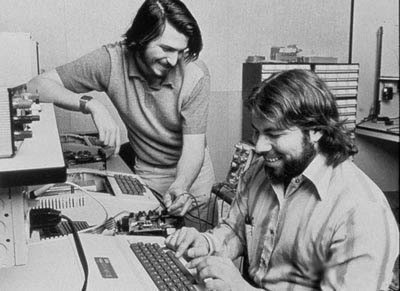
Visionary Leader


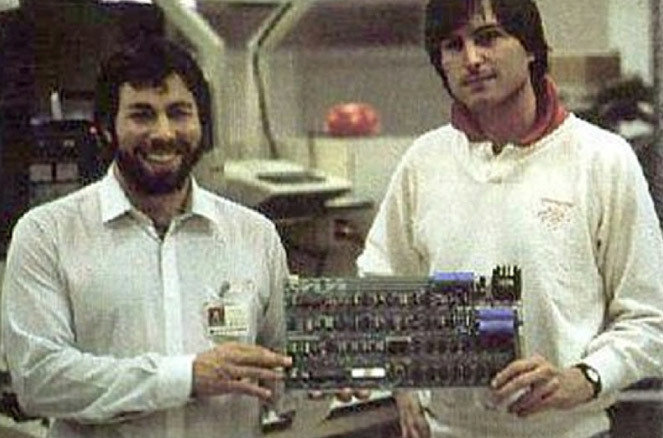
The Challenge
Building effective teams and
Steve Jobs’ early challenges as a leader
Adrian Villareal
Effective work teams
-
Serve customers well
-
Become increasingly capable over time
-
Create a work setting that promotes personal learning and fulfillment
Leaders must help teams achieve and sustain on three criteria
1st criteria is serving clients
-
The client’s standards and assessments count, not the team’s manager
-
Different clients have different views of what “good” means

2nd criteria is growing as a team
-
Over time, members learn each other’s strengths and weaknesses
-
This builds shared commitment, collective skills, and task-appropriate coordination strategies

3rd criteria is individual member’s learning
-
Expand one’s knowledge, acquire new skills, explore others’ perspectives
-
Feelings of belonging, interpersonal relationships

Leaders create enabling conditions for achieving team effectiveness
- Real Team
- Compelling Direction
- Enabling Structure
- Supportive Organizational Context
- Expert Coaching

Steve Jobs and his "Polished Rocks" metaphor
A Real Team
Steve Jobs - Creating his real team
Adrian Villareal
Essential features of a real team
The Team Task
- Is it better suited for a team or individual?
Having Clear Boundaries
- Being a bounded team means that boundaries are clear and that members know who is actually on the team

Essential features of a real team
-
Clearly specified authority to manage their own work processes
-
Membership stability

Creating a real work team establishes the first of five performance conditions and it is a prerequisite for the others that follow
-
Compelling Direction
-
Enabling Structure
-
Supportive Organizational Context
-
Expert Coaching
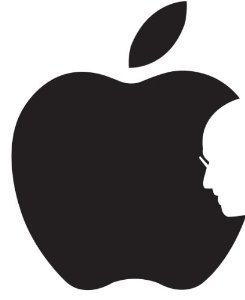
Steve Jobs and his team of "A" players
Directing and Enabling Teams
How Jobs Directed his team to succeed and how he enabled a strong and sound structure for his team.
Shannon Heath
Compelling Direction
- Energize Teams
- Engage Teams
- Direct Teams

Energize Teams
- Vision, Focus, Direction
- “He had long been recognized as someone who could fire up small teams of people, spurring them on to create great things. But even in the later years of his life, Jobs demanded almost unconditional commitment from team members, and often pitted one team member against another to see whose ideas would prevail.” (Sullivan)
Engage
- Hire only A+ candidates
- Most important thing to do
- Easily engage with each

Direct
- Share vision and inspire
- Hands On, Very Involved
- Too Involved?

Enabling Structure
- Designing work for Teams
- Group Behaviors and Conduct

Designing work for teams
- Genius Innovation
- Push to do the impossible
- Create a better product

Group behaviors and conduct
- Companies focus on the process instead of the contact
- “It’s not process, it’s content” (Jobs)
Supportive Context
Anthony Gorrity
Supportive Context
-
It’s soil
-
There are many
-
Identify those that are critical

Reward Systems
-
Contingent on performance
-
Balanced
-
Can be dangerous

Information Systems
-
5 W’s
-
They serve internal customers
-
Often the ignition of innovation
Education Systems
-
Expanding, sharing, growing
-
Contingent on information systems
-
Learning is a culture
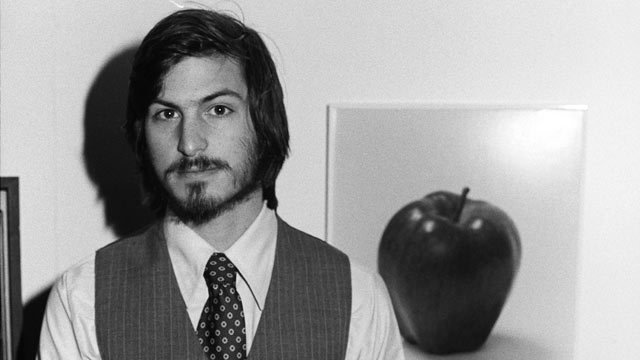
Systems Conclusion
-
Rewards
-
Info
-
Education

Expert Coaching
Anthony Gorrity
Expert Coaching
- Process, interaction, inspiration
- Coaches notice a lot
- It’s about groups
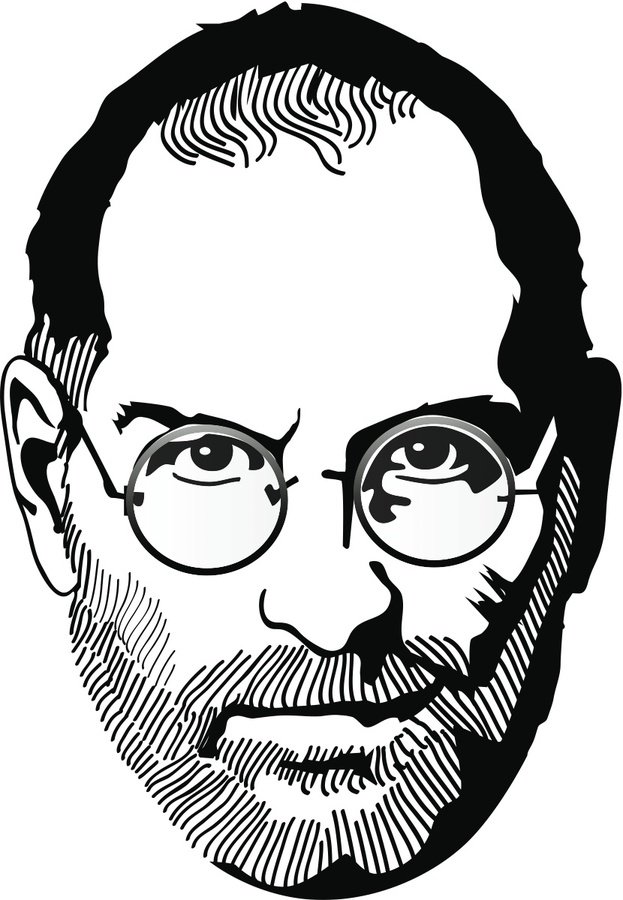
Coaching Basics
-
Effort
-
Timing
-
Accountability
Coaching Basics
-
Beginning
-
Middle
-
End
-
Other
Coaching in Summary
-
I don’t care about being right. I only care about success.
Imperatives for Leaders
Tony Mamedbekov
Leader traits and styles
- Leadership style
- Leader Traits
- Intelligence
- Sociability
- Self-confidence

What effective leaders do
- Real work team
- Stability over time
- Compeling direction
- Fine-tune the team
- Support and Resources
- Expert Coaching
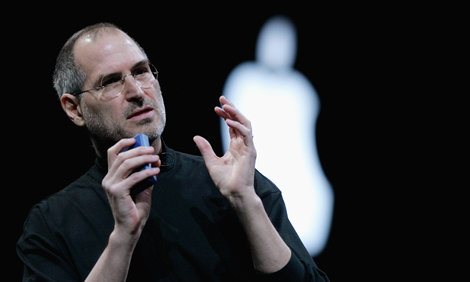
How effective leaders do it
- Team Effectiveness
- More closely with team members
- Qualities
- Know some things
- Know to do some things
- Emotional maturity
- Personal courage
Model of team performance
AP = PP - PL + PG
AP - Actual productivity
PP - Potential productivity
PL - Process Losses
PG - Process Gains
Obstacles

Turbulence
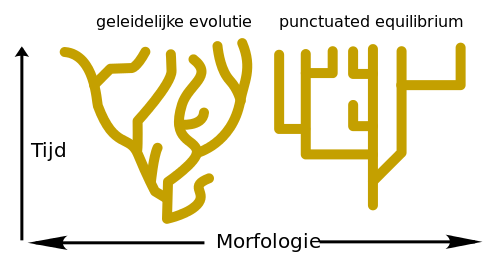
Conclusion
- Visionary leader - devices changed our lives
- Struggled - leadership and the his role
- Drove his team too hard
- Unsuccessful at some projects
- Bad business decisions - left Apple
- Return to Apple - greatest success
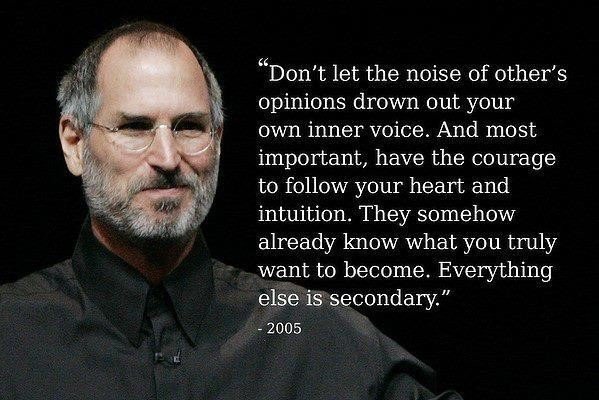

Design is not just what it looks like and feels like. Design is how it works.
Questions?
Steve Jobs
By mamedbekov
Steve Jobs
- 1,888